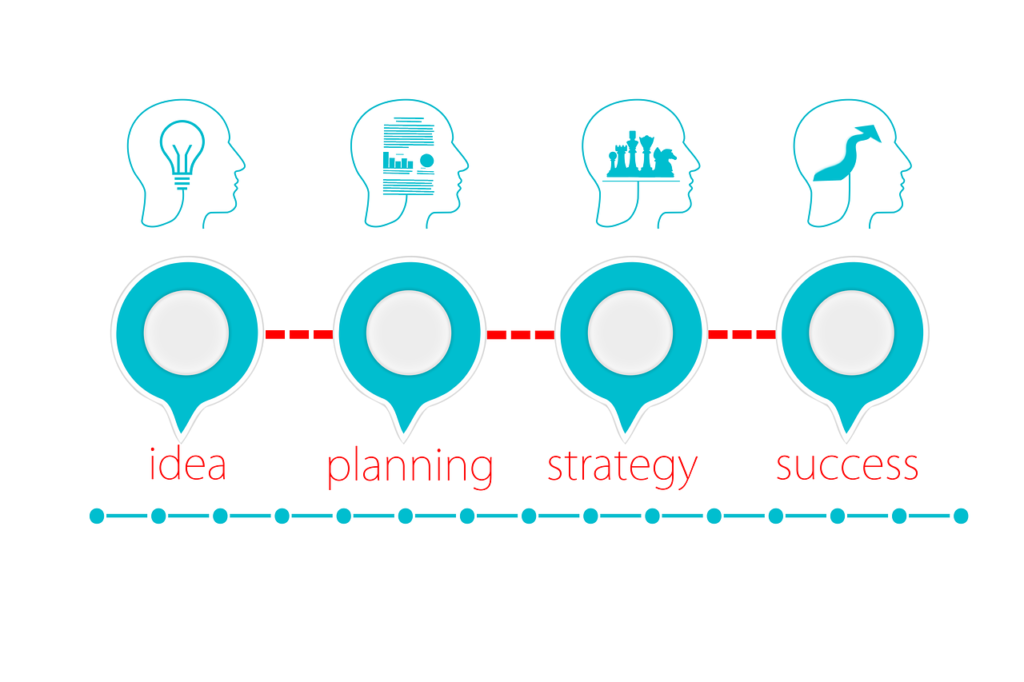
Improving the Authenticity of PD for Educators
Professional development for teachers is an important aspect of the education system, as it helps teachers to improve their skills, stay up-to-date on new teaching methods and technologies, and grow as professionals. However, it can be a challenge to create professional development programs that are meaningful and authentic for teachers. In this blog post, we will explore some strategies for making professional development for teachers more authentic and effective.
- Involve teachers in the planning process: One key way to make professional development more authentic is to involve teachers in the planning process. This can be as simple as gathering feedback from teachers on what topics they would like to learn about or having them serve on a planning committee. By involving teachers in the planning process, you can ensure that the professional development is relevant and meets their needs.
- Focus on practical application: Professional development that is focused on practical application is more likely to be useful to teachers in their day-to-day work. Instead of just presenting information, try to incorporate activities that allow teachers to practice and apply what they have learned. For example, you could have teachers work in small groups to come up with a lesson plan or activity that incorporates the new ideas or strategies they have learned about.
- Use a variety of delivery methods: Traditional lecture-style professional development can be boring and unengaging for many teachers. Instead, try to incorporate a variety of delivery methods, such as hands-on workshops, online courses, and coaching sessions. This can help to keep teachers engaged and ensure that they are getting the most out of the professional development.
- Encourage collaboration: Professional development is a great opportunity for teachers to learn from each other and share best practices. Encourage teachers to collaborate and work together during professional development sessions. This can be as simple as having teachers work in small groups or facilitating discussions between teachers.
- Follow-up and support: Professional development is not a one-time event, and it is important to provide ongoing support and follow-up to ensure that teachers are able to effectively implement what they have learned. This can include coaching sessions, ongoing professional development opportunities, and resources to help teachers as they put their new skills into practice.
By focusing on authenticity, practical application, and ongoing support, you can create professional development programs that are meaningful and effective for teachers. This will not only help teachers to improve their skills, but it will also benefit students by ensuring that they are receiving the best education possible.
Thanks for reading
Dr. Shannon H. Doak